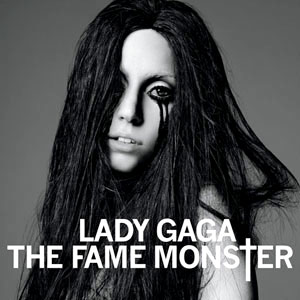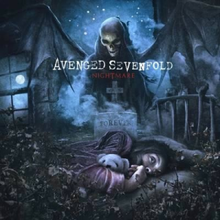Chris Lord-Alge is a mixer who is known for his use of dynamic range compression in both hardware and software plug-in versions. He says one of his ways he gets the sound he ways is he listens to things quietly. "Listening at low volumes prevents fatigue and you can hear better what's going on," he said. "When you turn things up, after a while all your moves become a smear. So when you're doing really critical moves, do them at a low level." He also says that when you listen to things at a low volume, you have to work that much harder to make things really pop out at you.
It seems to be working for him seeing as Waves Audio released a Chris Lord-Alge Artist Signature Collection of audio plug-ins, which is a collection of 6 application-specific audio plug-ins for Bass, Drums, Effects, Vocals, Guitars, and Unplugged.







